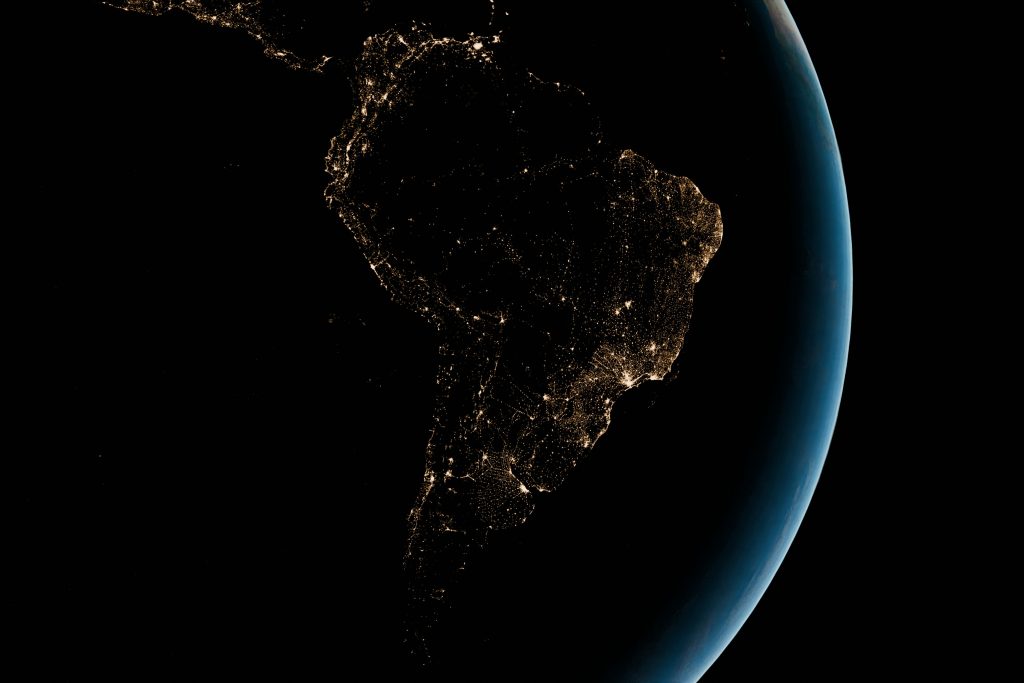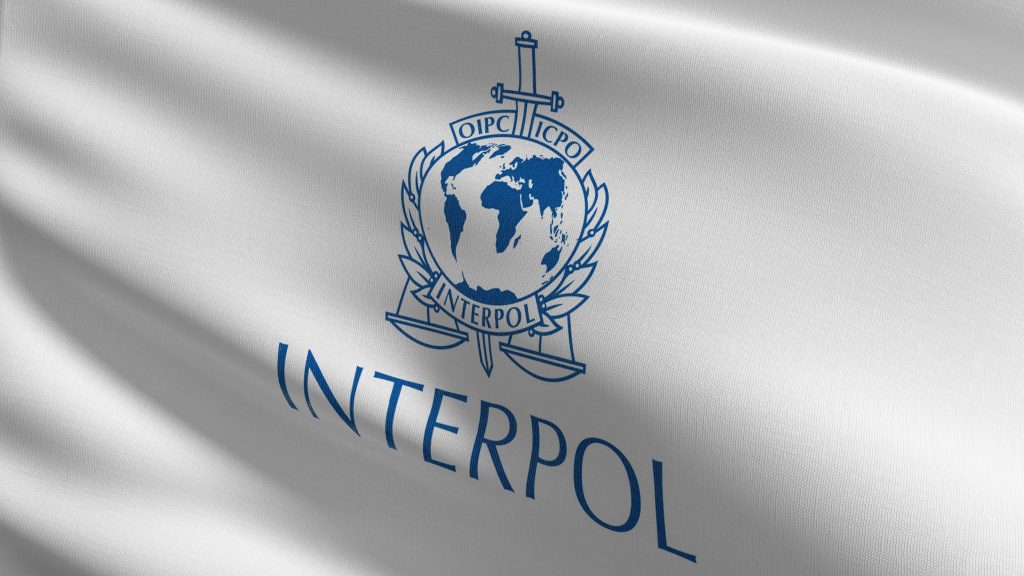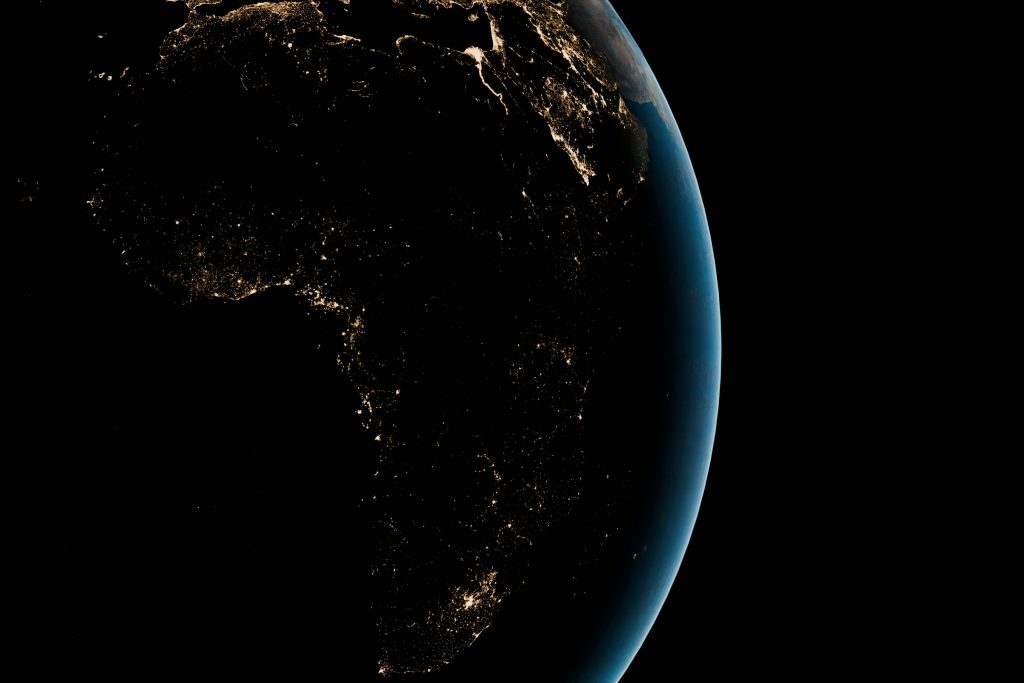Matthew Hedges, a British academic, was detained in Abu Dhabi from 5 May 2018 to 26 November 2018 on suspicion of espionage. Hedges claims he was held in solitary confinement for nearly seven months in a windowless room with no bed, no contact with the outside world and that he was interrogated for months, sometimes up to 15-hours a day, without access to a lawyer.
Ali Issa Ahmed, a British security guard, was detained in Sharjah between 23 January and 12 February 2019, after he wore a Qatari football shirt to a match in Abu Dhabi between Qatar and Iraq. Ahmed claims he was subjected to racial and psychological abuse and torture, including being beaten, electrocuted, cut, and burned.
All attempts to see justice served in the UAE were thwarted and lawyers for Hedges and Ahmed filed lawsuits in different jurisdictions. In May 2021 they each issued civil proceedings in the High Court in London against senior UAE officials, including Al-Raisi, claiming damages for assault, false imprisonment and the intentional infliction of psychiatric injury during detention.
While Al-Raisi was on the campaign trail for Interpol’s presidency election, Hedges and Ahmed filed charges against him in Sweden, Norway, Turkey and France, with the view that an investigation would be opened and he would be arrested upon arrival to one of those countries.
Other victims of torture in the UAE are also seeking justice and in 2021 universal jurisdiction lawsuits were filed against Al-Raisi on behalf of Ahmed Mansoor, a well-renowned Emirate human rights defender who has been arbitrarily detained, almost entirely in solitary confinement, since 2017. Under the United Nations Standard Minimum Rules for the Treatment of Prisoners, known as the Nelson Mandela Rules , prolonged solitary confinement constitutes torture.
Mansoor’s treatment has received widespread criticism from the international community and the European Parliament passed a resolution in September 2021 calling for the “immediate and unconditional release” of Ahmed Mansoor. The UAE responded by saying the allegations were “factually incorrect” and that the parliament had ignored “all of the UAE’s significant achievements in the human rights field”.
Mansoor’s first two universal jurisdiction lawsuits were dismissed in 2021 on competency grounds by French prosecutors who said they could not prosecute unless the accused resided in France permanently or temporarily. However, a third complaint used Al-Raisi’s twitter activity to show he had been in France in January and March 2022 and that French prosecutors could open an investigation.
Despite widespread outcry and criticism, Al-Raisi was elected as the President of Interpol following three rounds of voting during which he received 68.9 percent of votes cast by Interpol member states. Following his appointment, Al-Raisi was required to visit Interpol’s headquarters in Lyon, France, which enabled prosecutors in Paris to proceed to investigate universal jurisdiction complaints against him.
Subsequently, French prosecutors opened a preliminary inquiry into Al-Raisi’s role in the torture and acts of barbarism against Mansoor. In March 2022 French police interviewed the Executive Director of the Gulf Centre of Human Rights, Khalid Ibrahim, who has spearheaded litigation on Mansoor’s behalf.
Hedges and Ahmed’s complaint was forwarded to the Investigating Judges of the Specialised Judicial Unit for Crimes Against Humanity and War Crimes of the Paris Tribunal and in January 2022 a criminal complaint was issued to the specialised Tribunal. The investigation opened in March 2022, and in May a hearing took place at which Ahmed and Hedges gave live testimonies. At the time, Al-Raisi was in France.





